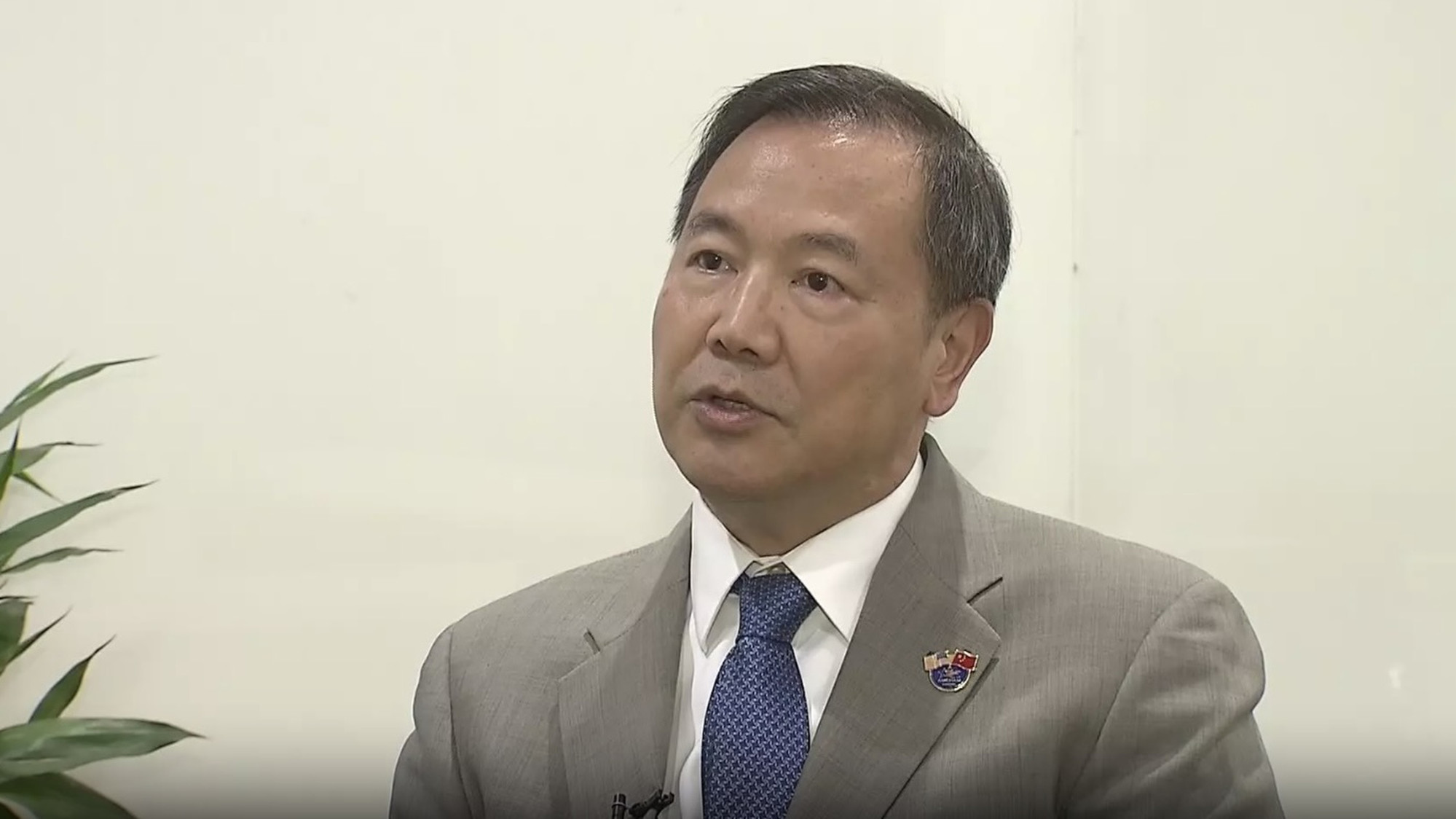Zheng’s warning comes as Beijing tries to lure more foreign direct investment (FDI) back to the country. The government issued 24 guidelines late last year to improve the economy, including boosting research and development in the biotech industry, speeding up cross-border data flows, promoting investment, issuing business visas and offering tax breaks to foreign companies.
But geopolitical tensions between the U.S. and China, growing concerns about trade tariffs and slowing domestic consumption have led some foreign companies to remain cautious.
“Our members are concerned about the macro environment, but at the same time; [China]” Zheng said.
“Most of them are in China for China. Technically, they’re not leaving China. But at the same time, they’re anxiously watching what’s happening both domestically and in the international environment.”
Foreign direct investment into China fell 27.9 percent in the first four months of the year from a year earlier due to weak domestic demand and an economic slowdown.
“China is now entering a different era,” Zheng said. “China has become more mature and much larger, and it’s not realistic to expect it to continue to grow at double-digit rates.” Companies need to adapt to the “new normal.”

“It’s no longer an easy decision to say, ‘I want to invest in China.’ There are countries and markets that are growing faster than China, and there is competition within the country, so companies are becoming more cautious.”
Echoing these views, Jens Eskelund, chairman of the China-European Union Chamber of Commerce, said investors need more reassurance before FDI increases.
“China needs to regain the trust and confidence that it once was a leading investment destination,” Eskelund said.
According to the EU Chamber of Commerce’s annual business confidence survey, the proportion of member states citing China as their top destination for current and future investment has fallen to a record low of 15 percent and 12 percent, respectively.
The survey found that companies are shifting investments originally bound for China to alternative markets that are perceived to be “more predictable, reliable and transparent.”
But China remains a big market “you have to get into,” Eskelund said, and while some incumbents are struggling to survive, new entrants are concerned about an economic slowdown, he added.
While the policy measures and visa changes announced by Beijing are welcome, Eskelund said they must be implemented thoroughly.
More than half of chamber members have said they will make cost-cutting changes next year, including a quarter who plan to do so by cutting staff, adding to pressure on an already tight jobs market.
Zheng said that as China faces slowing growth and market saturation, especially in areas such as new energy, a period of consolidation will naturally come.
“Good stuff [companies] “The company will definitely survive and the consolidation process will begin in the next few years,” he said.

